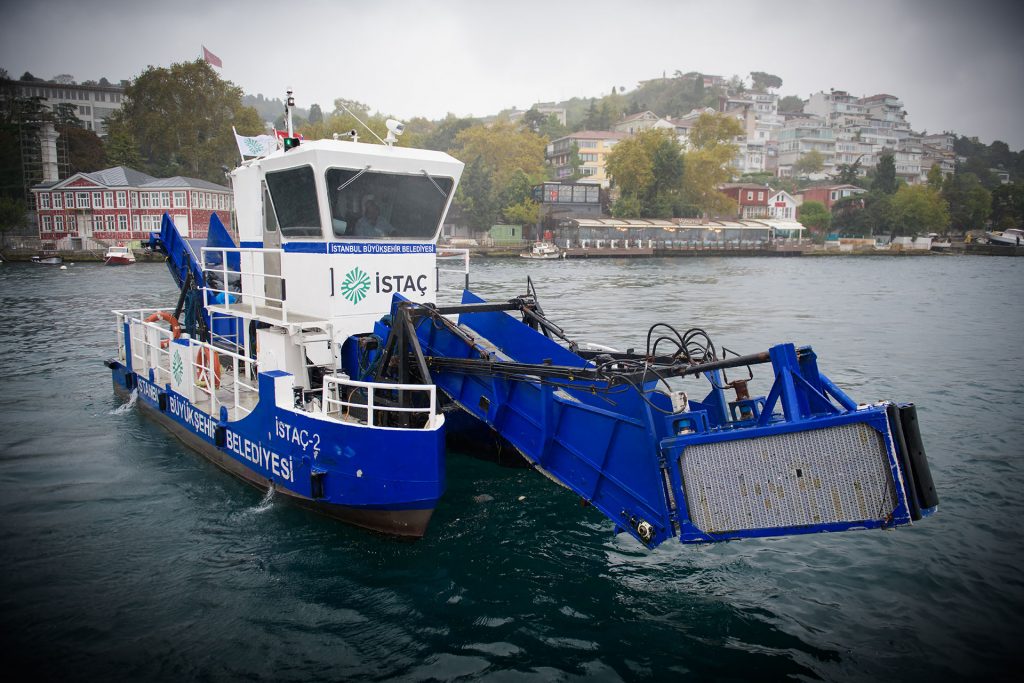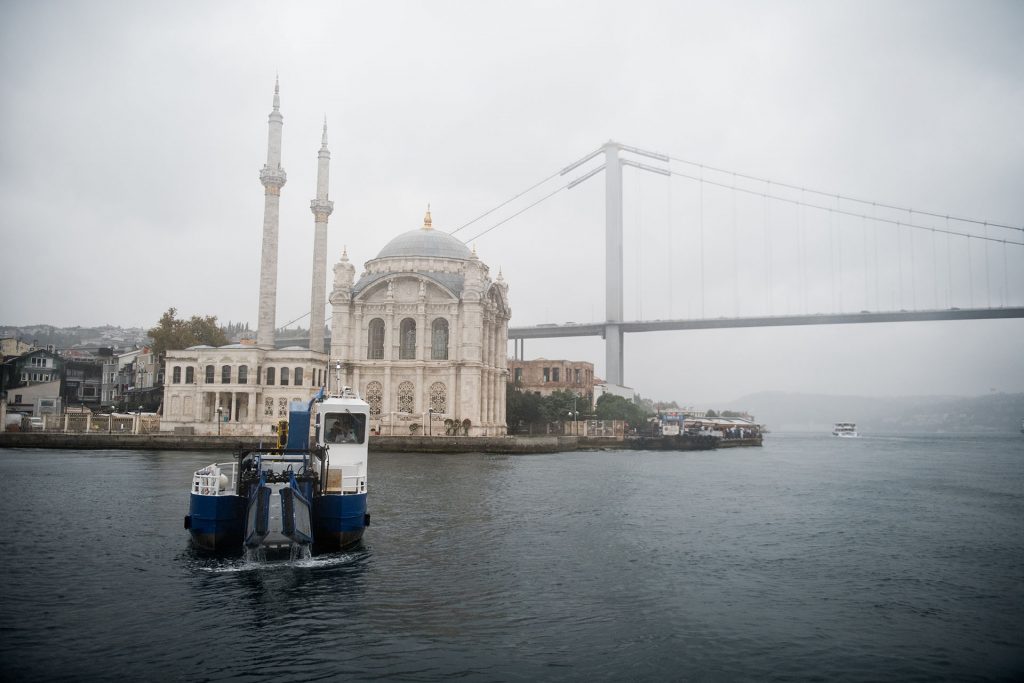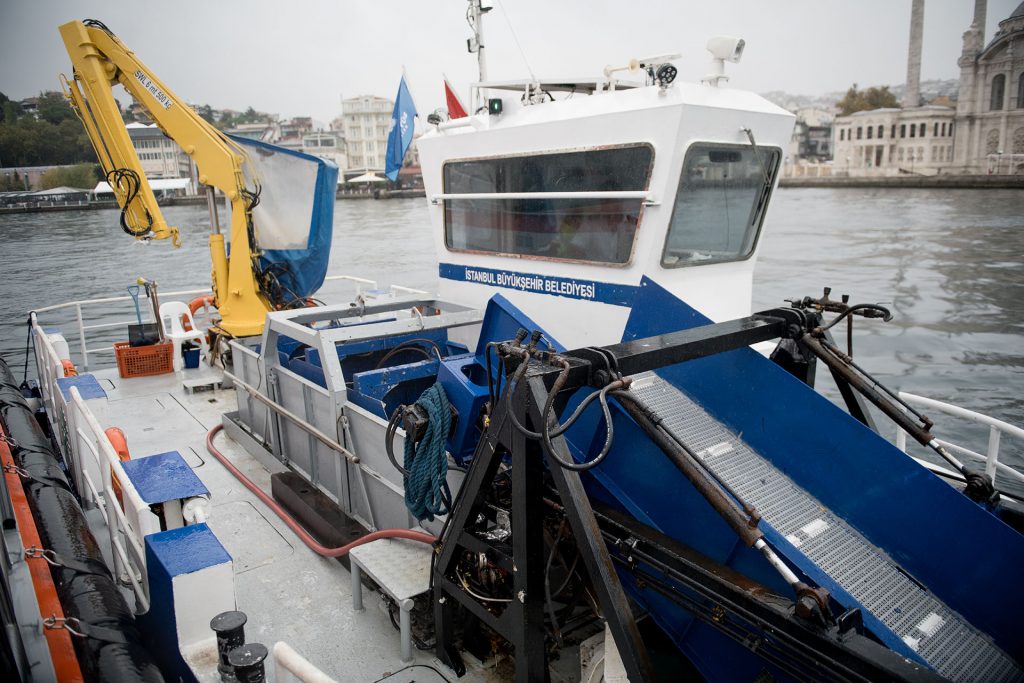Poor Dumps for
Rich Rubbish:
The Aftermath of
China’s Ban to
Foreign Garbage
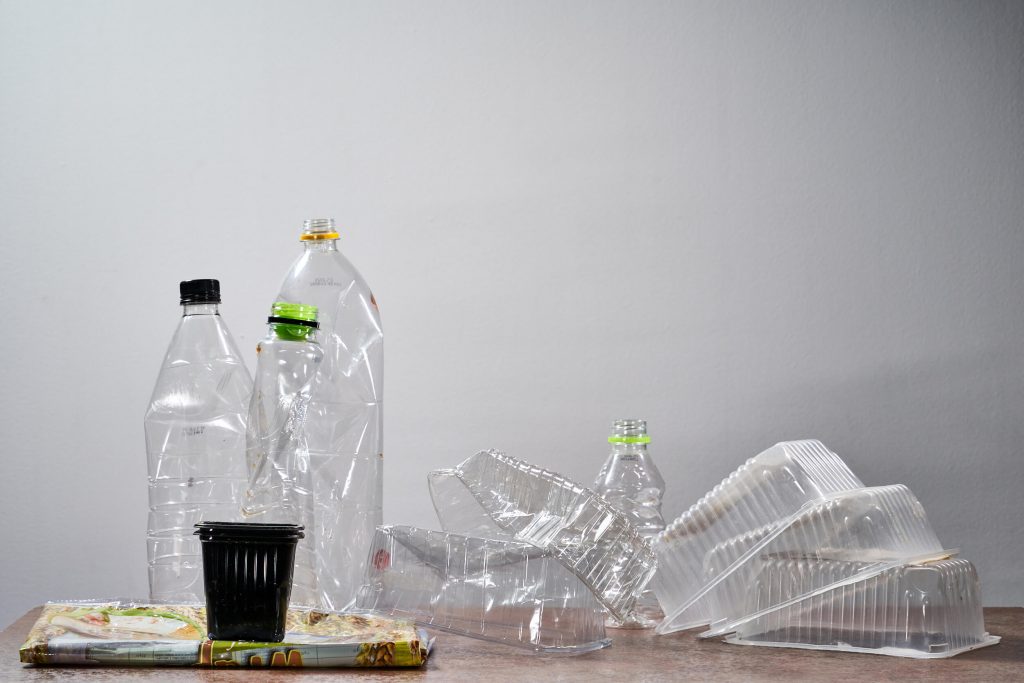
We might think that by putting plastic waste into the right bin, we are contributing to keeping the environment clean. But is it true?
What happens to our trash after we throw it away?
“When we talk about plastics, there is no such thing as recycling,” warns David Azoulay, director of the Environmental Health Program at the Center for International Environmental Law (CIEL).
The recycling rate is about 10 per cent, and in most cases, it is done outside our countries’ borders. Wealthy nations sell their plastics to developing countries because it is cheaper and easier than to process them at home.
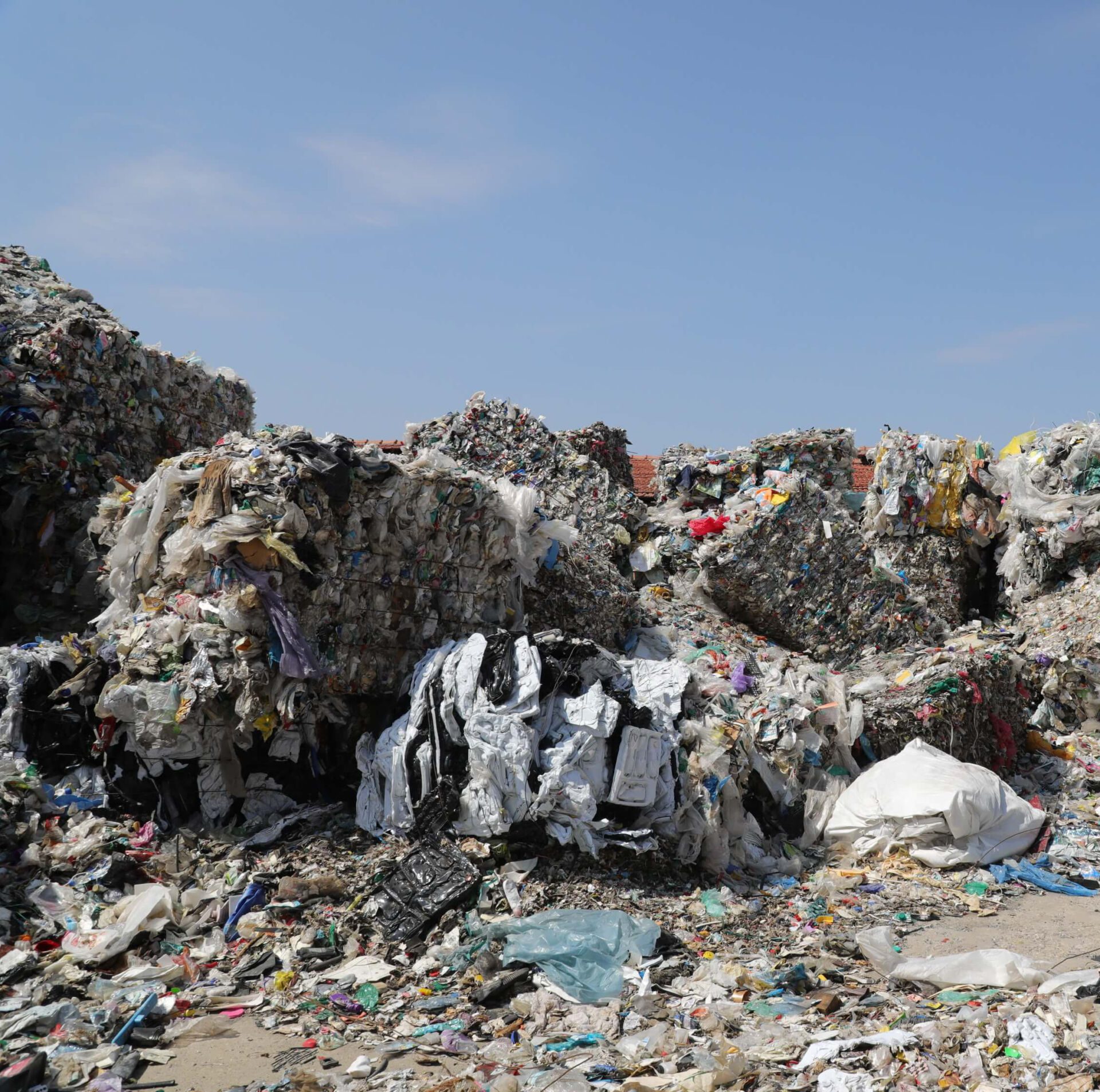
China has historically been the world’s biggest importer of plastic waste, buying close to 60 per cent of the plastic trash exported from all around the globe. In July 2017, during a meeting of the World Trade Organization (WTO) in Geneva, Beijing announced it would reduce imports of plastic waste. The new policy, known as “National Sword,” came as a shock for the global recycling industry, and many believed it would never be implemented. But it was, and the world has been forced into a global recycling reckoning.
China’s plastic imports have plummeted. According to Eurostat, in 2018, plastic waste exports from the European Union (EU) to China dropped by 95 per cent compared with 2017. Earlier this year, Qiu Qiwen, director of the Ministry of Ecology and Environment solid waste division, announced that the ultimate goal was zero waste imports for 2020.
Waste import
With China’s door closed, the influx of plastic scrap made its way into other nations. According to Greenpeace’s Plastic Waste Trade report, top importing countries in 2018 were Malaysia, Thailand, and Vietnam.
Plastic waste was also diverted to Indonesia and Turkey. Compared to 2017, EU waste exports to Indonesia rose by 97 per cent. In Turkey, import went from 4,000 tons per month in early 2016 to 33,000 tonnes per month a year later – with close to 40 per cent coming from the EU. The UK alone exports 109 times more plastic waste to Turkey that it did in 2015.
Many of these countries are ranked very poorly on how well they handle their plastic waste. According to the World Bank, in developing nations, “over 90 per cent of waste is often disposed in unregulated dumps or openly burned.”
Blame it on the Others
On July 9, 2019, during an event at the White House, President Donald Trump and the officials of the Cabinet of the United States blamed Asian nations for global pollution. “60 per cent of the world’s marine litter comes from six Asian countries,” said Environmental Protection Agency (EPA) Administrator Andrew R. Wheeler, ignoring the fact that these nations take the vast majority of U.S. plastic waste exports.
Shortly after, Indonesia rejected containers full of waste that included contaminated plastics and other hazardous wastes. Around the same time, Cambodia also announced it was sending back to the U.S. and Canada 1,600 tons of plastic waste found in shipping containers. In May 2019, Malaysia returned 450 tons of plastic scrap to where it came from.
With new bans and regulations put in place by South-East Asian nations to protect themselves, Turkey has every chance of becoming the new dump for global plastic waste.
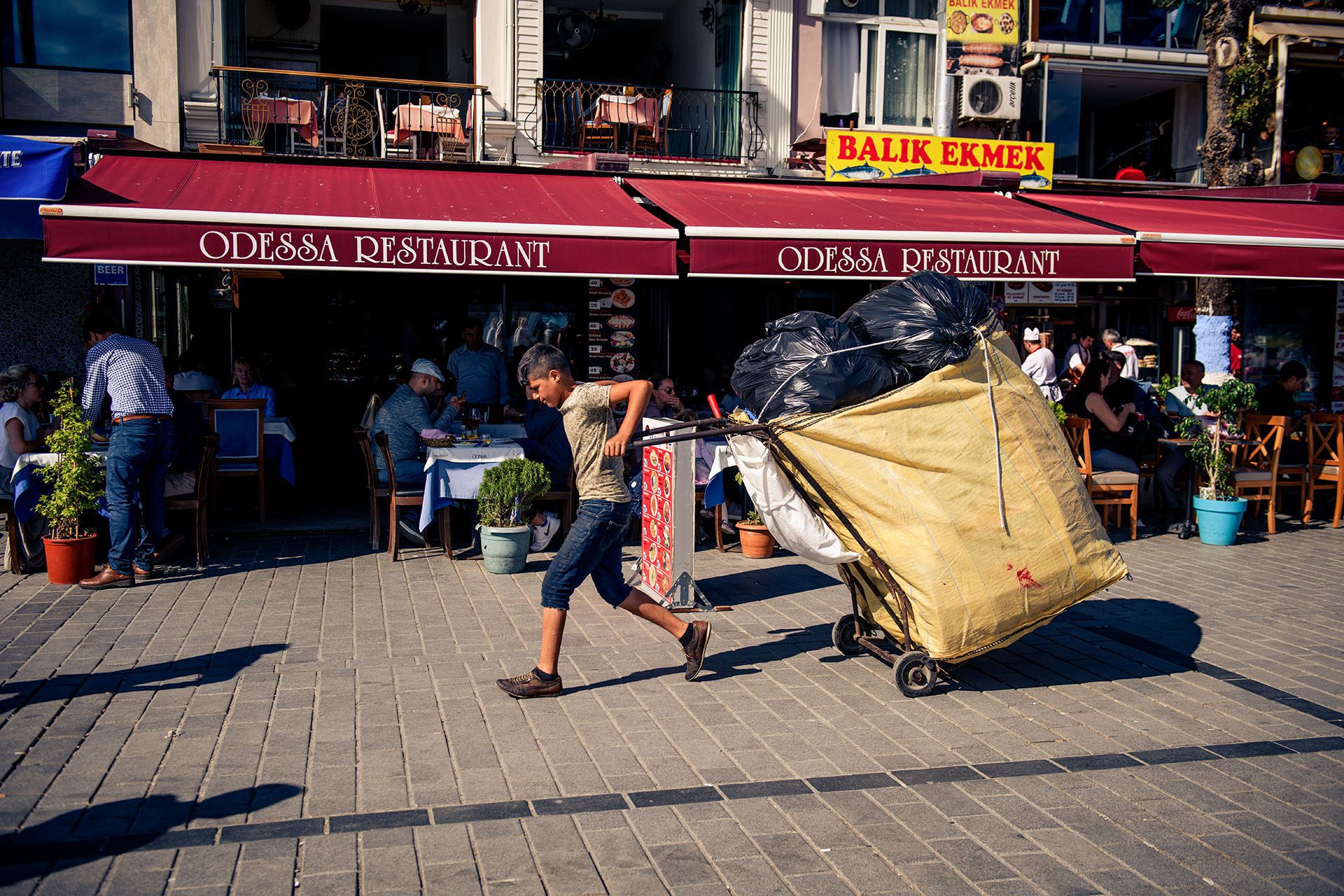
The new wave of foreign waste is already disrupting efforts to handle locally generated plastic garbage in Turkey. According to OECD data from 2015, Turkey recycles only 1 per cent of its domestic waste. The remaining 99 per cent ends up in the environment.
Waste Import in Turkey 2016-2019
“After China’s ban on plastic waste import, a large amount of waste was diverted to our country. From 4,000 tons per month in 2016 to 49,000 tons per month in 2019,” says Recep Karaman, head of the street waste collectors association.
Hundreds of thousands of scrap pickers – including children – patrol the streets of Turkey every day carrying enormous bags in their carts. They fill them with plastics and paper that they later sell for manufacturing recycled products.
But the new way of doing things is killing their business. According to Mr Karaman, their earnings have fallen by more than 50 per cent. “We work hard, in difficult and unhealthy conditions, and we make very little,” complains. They used to make TRY100 (15€) a day by collecting 100 kilograms of waste. Now they make TRY30 (4,5€).
Despite claiming to have hundreds of recycling facilities and waste collecting centres across the country, in reality, Turkey is not able to handle its waste, let alone the global garbage.
A new regulation on Packaging Waste Control entered into effect in January 2018 in Turkey. Among the changes introduced, the law banned free plastic bags from January 2019 and added a colour-coding system for waste collection. However, many of the few recycling points that exist still collect plastics, paper, and metals indistinctively.
“Separate collection is essential,” reckons Yavuz Eroğlu, President of the Turkish Plastic Industry Foundation (PAGEV).
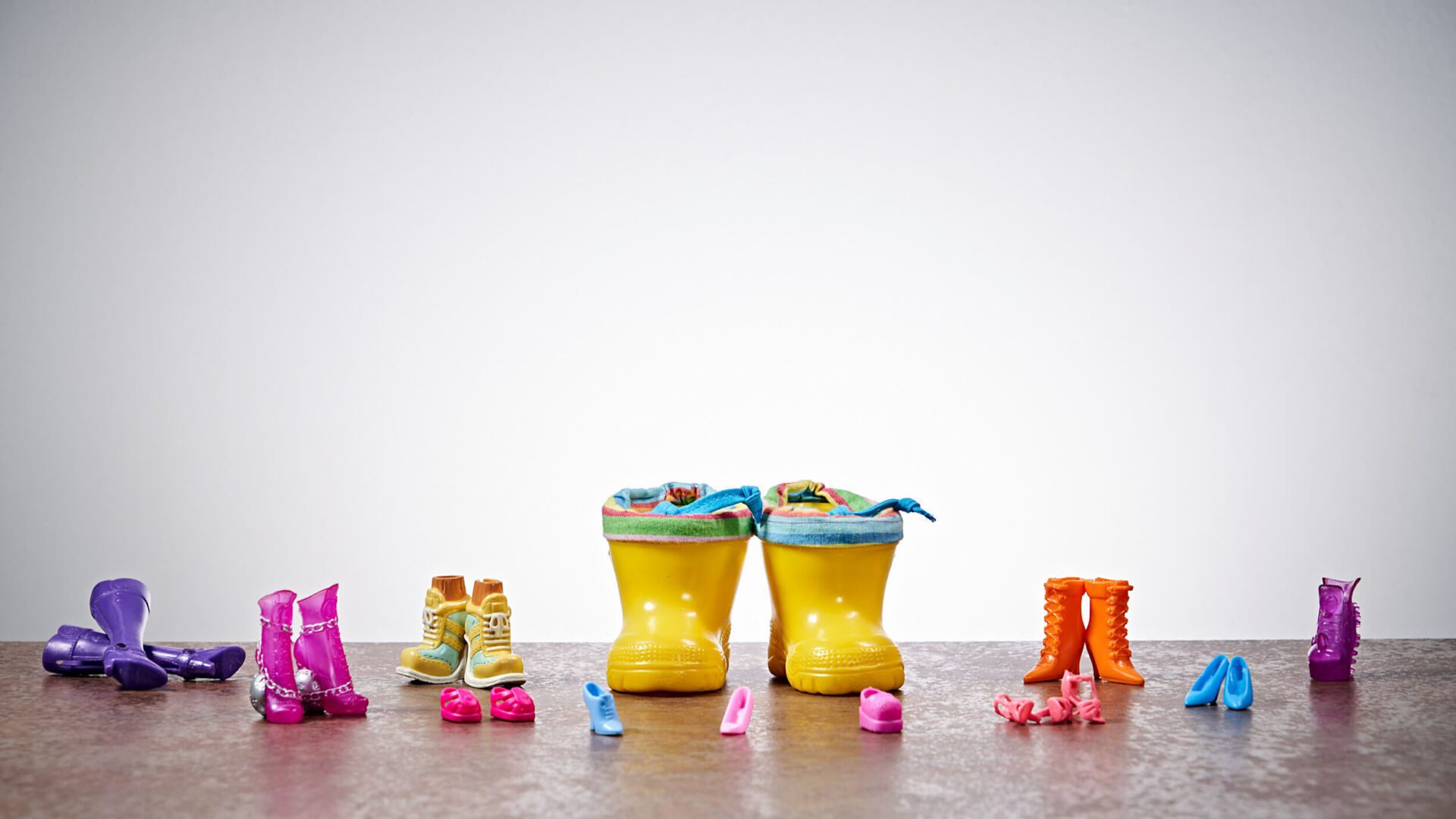
Every plastic product that has ever been produced still exists today. In the 1950s the world produced 2 million tons of plastic per year. According to Plastics Europe, in 2017, the world plastic production reached 348 million tons.
Global plastics production (tonnes) per year
In their study Production, use, and fate of all plastics ever made, Roland Geyer and colleagues estimate that roughly 79 per cent of the total plastic waste is accumulating in landfills or in the environment.
Asia is responsible for 50.1 per cent of the global plastic production, followed by Europe with 18.5 per cent of the market. In Europe, Turkey is the second-largest producer after Germany. “Turkey produces 9.5 million tons of plastics products every year. The total turnover for the industry is about 37 billion dollars. The plastic industry is one of the most important contributors to the Turkish economy,” says Mr Eroğlu.
We are drowning in plastics.
Flawed
Processes
The opportunities that, according to Mr Eroğlu, the industry offers to Turkey, clash with the actual situation in the country.
In Izmir, Turkey’s third-largest metropolis, the consequences of China’s ban on plastic waste imports became apparent early in September 2019.
An illegal dumpsite, filled with Italian waste, was discovered by Greenpeace Turkey. The garbage was stacked near a house, in a place lacking a license. “The owner of the waste is a company whose storage place was burnt eight months ago. After the fire, they moved the plastic scrap to this location, which used to be a chicken farm. The garbage was 50 meters away from the house. It is not only harmful to the environment, but also for the family living there,” denounces Deniz Bayram, an environmental lawyer with Greenpeace in Turkey.
Ms Bayram believes it is fair to establish a correlation between the increase in plastic waste imported by Turkey and the situation in Izmir. “We collected some of packagings, and they were all Italian brands and Italian labels,” she says.
After they filed a criminal complaint at the Izmir Chief Public Prosecutor’s Office, the waste disappeared. It has probably been moved somewhere else. “We have reasons to believe that there are many cases like this one across Turkey,” Ms Bayram claims.
The Outriders tried to get in touch with the Ministry of Environment and Urban Planning for comments, but they never replied to our inquiry.
“The owner of the land wanted to give the waste away for free, but nobody wanted it because it had no value,” explains Recep Karaman, the street waste collectors association representative. He says that the company’s license was cancelled, and both the company and the owner of the land got a fine.
From a legal perspective, Greenpeace holds accountable to both Italian and Turkish partners. “The Italian company and the Italian government are responsible, for sure. Their responsibility continues until this garbage is recycled or somehow burnt,” they say. “The other responsible authorities are the Turkish Ministry of Environment and Urban Planning and the Ministry of Customs and Trade.”
The Ministry of Environment and Urban Planning is in charge of monitoring and granting licenses to recycling and storage companies. When a company wants to import waste in Turkey, it must apply to both the Ministry of Environment and Urban Planning and the Ministry of Customs and Trade. “As far as I know, check controls are very insufficient. They make visual inspections of the containers. They don’t know if there is any hazardous material in them,” says Ms Bayram.
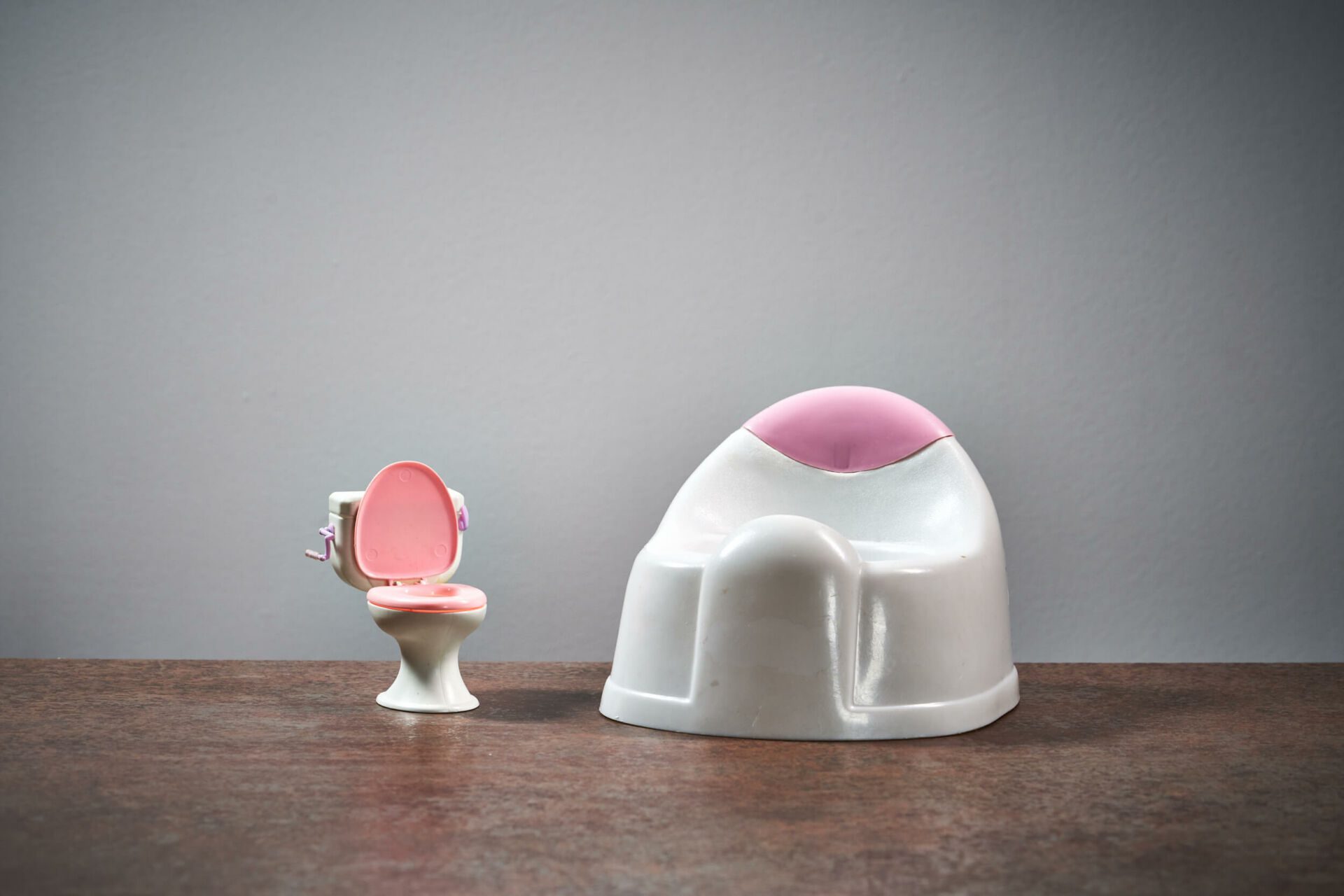
Plastic has toxic impacts throughout its life cycle. “There are thousands of substances, and many of them are well-known neurotoxic, carcinogenic or endocrine disruptors that are being released at very different stages of the plastic life cycle: during manufacture and during use,” says David Azoulay from CIEL’s Environmental Health Program.
When it comes to plastic, there is not a safe exit. Even in the case of good quality, PET plastics (polyethylene terephthalate, used widely for packaging foods and beverages), there is a loss of 40 per cent of the mass during the recycling process. It also contaminates the environment. “Basically, after two cycles of use there is nothing you can do with it,” says Mr Azulay. According to Plastics Europe, only 7.4 per cent of European plastic production is PET.
Global Plastic Waste by Disposal
Estimated share of global plastic waste by disposal method
Barely 10 per cent of global plastic waste is recycled. Between 12 and 15 per cent is incinerated, and the rest goes to landfills or to the environment.
Many of the countries importing the majority of the world’s plastic waste today practice also open burning . “When you burn plastic, you release some of the most dangerous and carcinogenic substances on the planet. Dioxin is what made Agent Orange, which U.S. forces released during the Vietnam War,” explains Mr Azoulay. Incineration, although a better alternative, also entails serious risks. A November 2018 study by Zero Waste Europe found that even the most state-of-the-art incinerators emit dioxins and other harmful pollutants. In Europe, 39 per cent of plastic waste is incinerated.
Why do we insist on using plastics when it poisons us even before we use it?
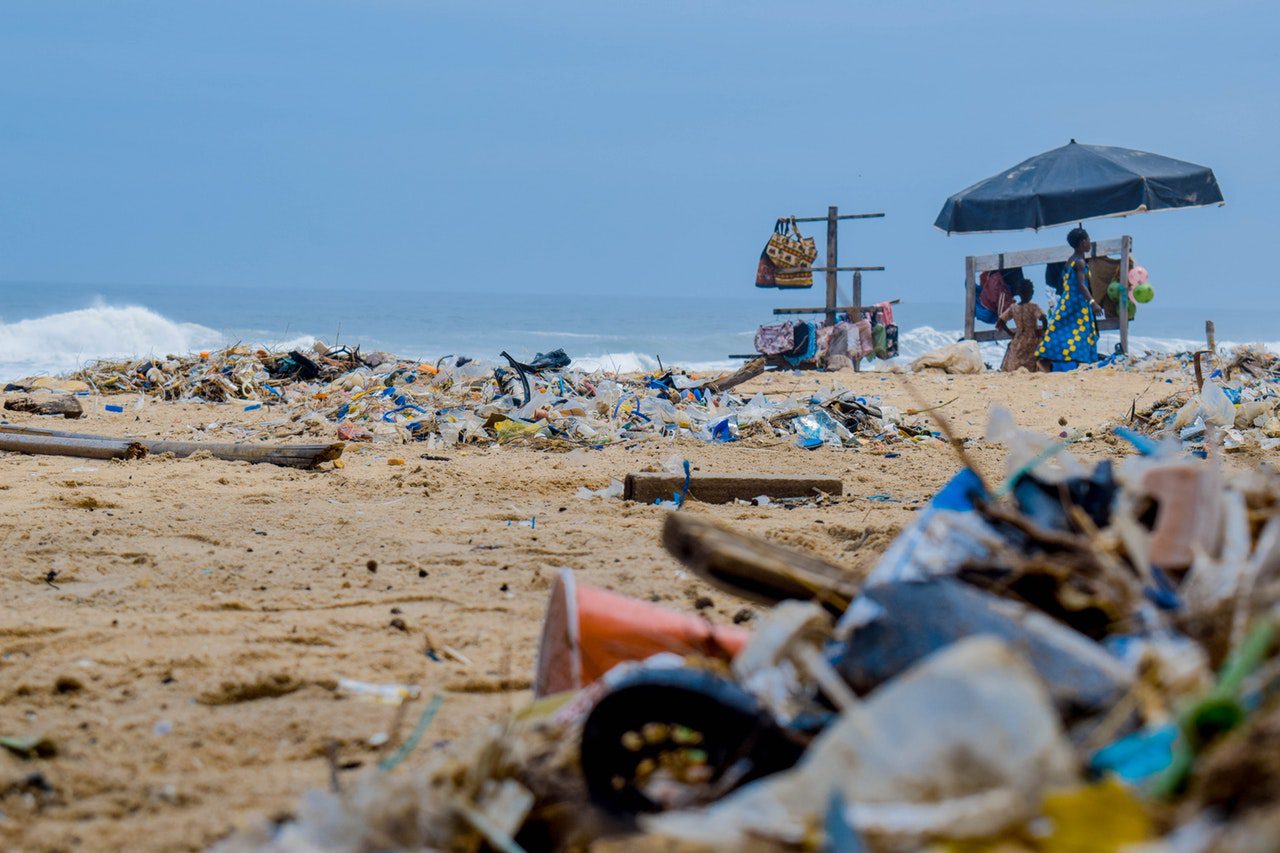
Another concern with plastic pollution is marine litter. According to the UN Developing Program (UNDP), 144 tons of plastics go straight to seas daily in Turkey. A recent report from the World Wide Fund for Nature (WWF) points to Turkey’s Cilicia region as the highest coastline pollution in the Mediterranean. The same report claims that, given plastic production and consumption patterns, size of economy, and current waste management systems, Turkey is the second biggest contributor (18.9 per cent) to mismanaged waste in the region after Egypt (42.5 per cent).
Plastics are very durable and in the oceans they enter the food chain in the form of microplastics eaten by plankton, which is eaten by fish, and then by us.
In 2018, the Istanbul Metropolitan Municipality collected 4.6 thousand square meters of litter from the sea surface with the help of ten special boats coordinated by the Marine Service Directorate. Plastic bottles, bags and other plastic materials were among the most common debris recovered from the Bosphorus Strait and the Marmara Sea in Istanbul.
Other initiatives from the department to keep the coast clean from litter include: coastal clean-up services, collection of waste from ships, beach clean-up services, dredging and deepening services in the Golden Horn.
The collected garbage is sent to a licensed waste recycling plant, where it is separated into categories following EU standards, according to the Directorate.
This local effort has a budget of TRY 80 million (13 million euros), and the results, according to some people, are evident. “I remember when I was a kid in the 90s. My school was near the Golden Horn. We used to play ball outside. The ball would fall into the water, and we could recover it without any problems. The water was so dirty that the ball wasn’t moving. It used to get stuck there, among the garbage,” remembers one of the members of the Directorate’s team.
Today, the Bosphorus Strait remains one of the most polluted sea straits in the world, but things are getting better, if slowly.
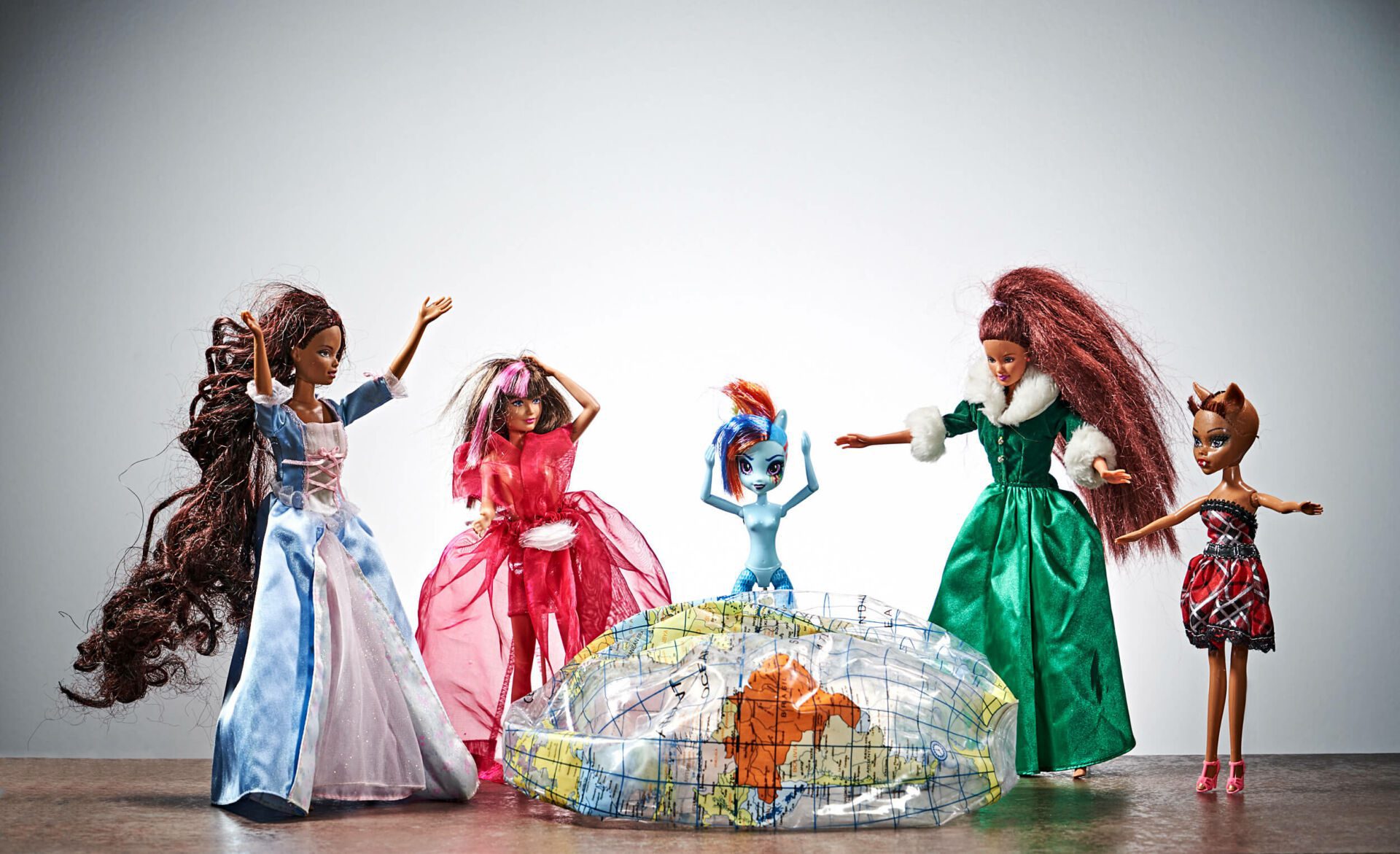
Perhaps the most worrying is that despite different initiatives and new regulations, plastic production is on the rise worldwide. It is slowly decreasing in Europe – according to Euroactiv, the manufacturing of plastic fell by 4.3 per cent in 2018. However, production in North America has increased, and it has reached 18 per cent of the world’s share nowadays.
“The U.S. is planning to increase plastic production by over 30 per cent. This completely obscures the fact that the problem is going to get worse no matter what,” says David Azoulay from CIEL. According to the environmental lawyer, the U.S. strong position against regulation of plastic production and plastic waste is “largely because of their relationship with fracking and because the U.S. is seeing a major increase in fracked gas production. And the vast majority of the gas is now turning to plastics.”
In 2017, CIEL published an ongoing investigative series, Fueling Plastics, examining the linkages between fossil fuels and plastic industries. Over 99 per cent of plastics are produced from chemicals sourced from fossil fuels.
In this context, it is easy to imagine why the U.S. has never ratified the Basel Convention, an international treaty designed to control and reduce the movement of hazardous waste from developed to developing nations.
On May 10, 2019, 180 nations approved a new amendment to the Convention to make the shipping of plastic waste to emerging countries even harder. Under the new amendment, exporters need to obtain consent from the receiving nations before shipping contaminated, mixed, or unrecyclable plastic garbage. U.S. representatives argued against it. They proposed that better recycling infrastructures should be built in developing countries.
The Convention establishes three categories of waste. “You can think of it as a green list, a yellow list and a red list. Everything that is on the green list can be traded freely. Things on the yellow and red list need authorization from the receiving country, who must assess whether it can deal with those wastes in an environmentally sound manner or not,” explains Mr Azoulay.
Until the recent amendment, all plastic waste fell into the green list. “That’s also the reason why figures on plastic waste trade differ so much, as there was no paper trail,” says the lawyer.
Now, most plastic waste is classified under the yellow list, with a few exceptions such as batches of a single polymer, single non-halogenated polymers that are not contaminated and are sorted, cleaned and prepared for effective recycling.
Even though the U.S. refuses to ratify the Convention, Mr Azoulay remains positive. “Currently the OECD has an agreement that would still allow the U.S. to export some of its waste to the rest of the OECD countries, but none of the countries that are a party to the convention can import waste that is not clean sorted single polymer.”
Kate O’Neill, an environmental science professor at the University of California, Berkeley and author of Waste, believes that “the U.S. can have all kinds of individual agreements and carry on shipping plastic waste.” For Ms O’Neill, the Basel Convention is not strong enough, and the U.S. will never get on board. “At a time, in the 1990s, when the U.S. was considering ratifying the Basel Convention under Bill Clinton, the NGOs were very much opposed to that because they saw the U.S. as wanting to get on board to weaken the agreement rather than support it.”
Opportunity or Risk?
However, despite environmental grounds and health risk, for some the waste remains an opportunity.
Yavuz Eroğlu, president of PAGEV, believes that high-quality plastic waste can be an opportunity for Turkey. “We are working with the government to change the legislation so that they will make thorough checks of the waste imported. Good quality plastic garbage, you can recycle it, and Turkey has the infrastructure to process all that plastic,” he says.
Every year, the Turkish plastic industry invests around 800 million to one billion dollars in machinery and equipment. Mr Eroğlu argues that suitable trash can be recycled and then sold back to Europe, where many industry sectors look for recycled materials.
But plastic is quite complicated to turn into some other things. “It nearly always downgrades during the recycling process. It can’t be recycled more than once,” warns Ms O’Neill. After that, the only option is incineration or landfilling.
Notwithstanding, sometimes buying waste can be remarkably profitable. “Currently, the majority of plastics come from Europe and are not recyclable,” says Mr Karaman. “The ones that can be sold are sold, and the rest is burnt. Importers make 100 euros per ton. Some people are making a lot of money because they bring the waste at no expense and they only take the revenue.”
Coffee-cup lids, plastic food trays, grocery bags, they are all worthless and most probably will end up somewhere in the environment.
How Do We
Fight for Change?
Globally, more than a million plastic bottles are sold every minute. In 2016, Americans purchased 52 billion bottles of water alone. That’s about 160 bottles per person. The vast majority of these bottles will never be recycled. And even if they are, they will eventually end up somewhere in the environment.
Proper waste management is essential for building a sustainable and livable world, but it remains a challenge in many developing countries. According to the World Bank, effective waste management often comprises 20 to 50 per cent of municipal budgets.
The world’s new mantra should be: Reduce, Reuse and Recycle. “That is the hierarchy supported by the Basel Convention and by the EU regulations. By all waste regulations,” says Mr Azoulay. “A lot of the single-use plastic we can do without. A lot of the packaging is actually useless,” he says.
Out of the 64.4 million tons of plastic produced by Europe in 2017, 40 per cent are packaging products. In May 2019, the EU Council adopted a directive that introduces new restrictions on certain single-use plastic products. Under the new regulation, plastic plates, cutlery, straws, balloon sticks and cotton buds will be banned by 2021. Single-use plastic items represent 50 per cent of marine litter.
There are also private initiatives trying to keep the world free of plastics. In 2019, the British supermarket chain Iceland announced that it would be offering packaging-free fruits and vegetables at a lower price to encourage clients. After a couple of failed trials that did not resonate with the consumer, they refuse to give up.
The bottom line is: we need to work together, and in going forward, we need to incorporate all stakeholders – civil society, the private sector, governments – both locally and internationally, to find global solutions.
We might think we are doing the right thing by putting our plastic in the yellow bin, but we need to keep asking questions. Do I need to use this plastic item? What happens to my trash once I threw it away?
